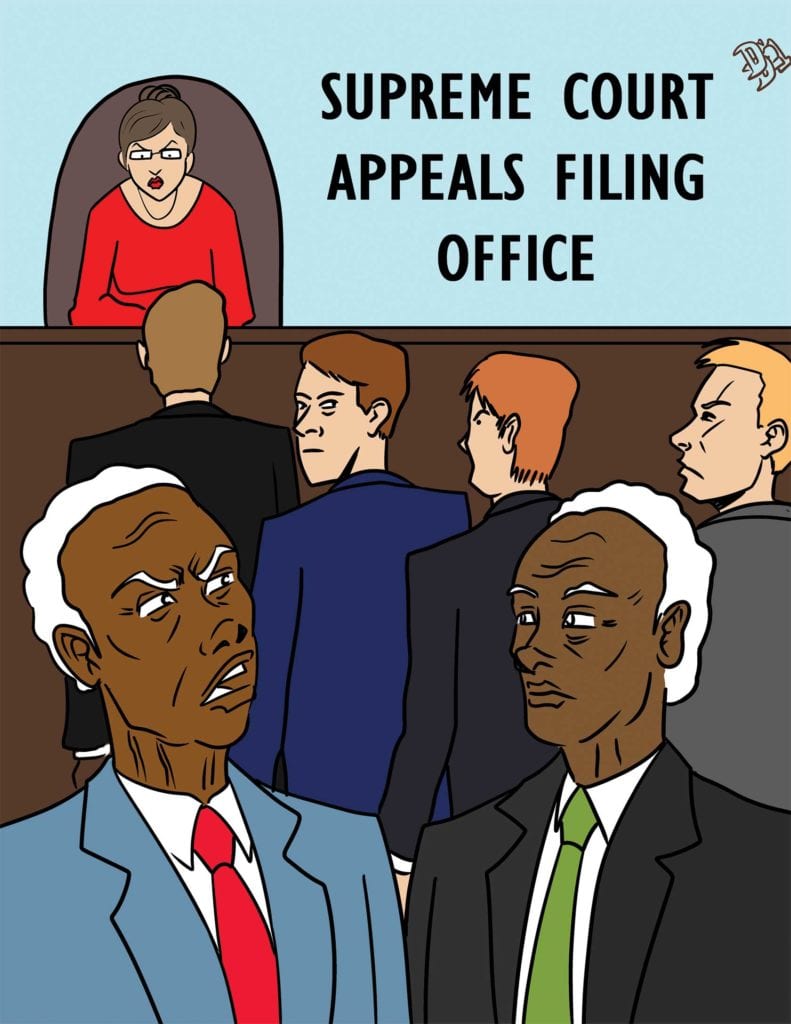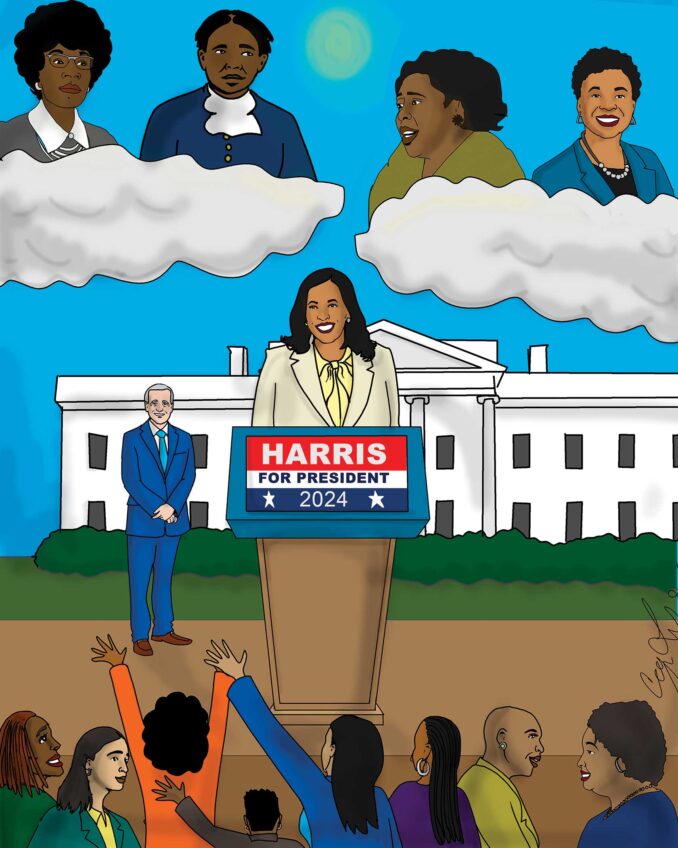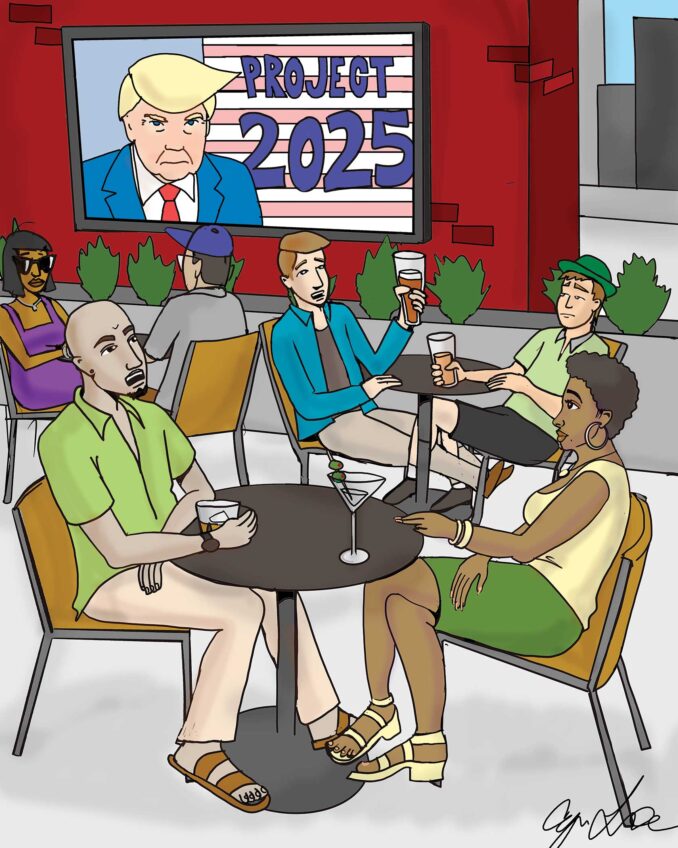
Any day now, the Supreme Court will decide whether to hear a case filed in Boston accusing Harvard University of discriminating against Asian American applicants in undergraduate admissions. If they are wise, the justices will take a pass, leaving in place the way Harvard and other selective private colleges have been choosing students for decades.
Twice, the court has held up Harvard admissions as a model for how colleges can consider race in keeping with federal law and the Constitution. The first time was in 1978, in the controlling opinion of the Bakke decision written by Lewis Powell, a Virginian nominated by Richard Nixon. That point was made again in 2003 in the Grutter case involving the University of Michigan Law School. That majority opinion was authored by Sandra Day O’Connor, a Texas native and Ronald Reagan nominee.
The three Trump appointees who have widened the conservative majority all professed respect for court precedent in their Senate confirmation hearings. Does that new 6-3 majority really want to declare that a process previously embraced as a model is against the law, all of a sudden? That would damage the court’s credibility and fuel the drive to expand its membership.
That scenario might not deter Clarence Thomas, who by now ranks as the court’s senior justice and functions as if he believes undermining the interests of African Americans is his appointed duty. But it should concern Chief Justice John Roberts, who has a sense of history and an interest in defending the court’s integrity.
Does Roberts want history books to associate his name with Roger B. Taney, the chief justice who declared in the infamous Dred Scott case that African Americans had “no rights which the white man was bound to respect”? Does he want the court to look so out of touch with a country undergoing a racial reckoning?
Back in 2007, the chief justice inserted this circumlocution into an opinion: “The way to stop discrimination on the basis of race is to stop discriminating on the basis of race.” Does he believe he benefitted from discrimination against Asian Americans when he was admitted to Harvard? That was in 1972, outside the scope of this case, but the school has only made minor tweaks to its screening process since then.
The other problem for the court in Students for Fair Admissions v. Harvard is the plaintiffs. Who are they? The ad hoc group that filed the lawsuit was cobbled together by a white activist against affirmative action.
Not one Asian American applicant allegedly discriminated against has been identified. SFFA representatives say naming alleged victims would subject them to threats online. Where is the courage of their convictions? Does the Supreme Court want to decide that Harvard discriminated against Asian American applicants who shall remain nameless? That would be another credibility problem.
The weak case against Harvard relies on statistics and a skewed analysis presented by the plaintiffs. The justices should be wary. In the past, the court has ruled statistics are not enough to prove unlawful discrimination. Ruling against Harvard could overturn more than Bakke and Grutter and, ironically, generate more racial discrimination cases with a greater likelihood of success. How would the court’s conservative supermajority like that?
Speaking of statistics, how about these: Asian Americans have made up 20 percent or more of Harvard’s incoming classes of late. They are about four times overrepresented, compared to their percentage among high school graduates. African Americans would love to be “discriminated against” like that.
If Roberts wants his legacy to shine in history books, he should take a cue from another of his predecessors. Earl Warren lobbied other justices to produce a unanimous decision in Brown v. Board of Education to make a strong statement to the country. Saying nothing is another way of making a statement. Roberts should persuade his conservative juniors on the court to sit this one out.






